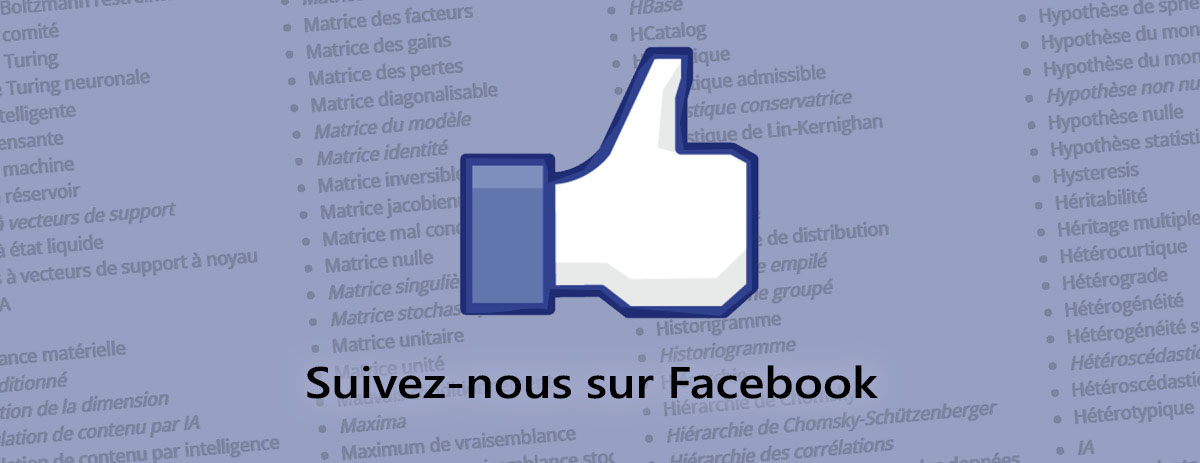« Informatique affective » : différence entre les versions
m (Remplacement de texte — « Termes privilégiés » par « Français ») |
Aucun résumé des modifications Balise : Éditeur de wikicode 2017 |
||
| Ligne 1 : | Ligne 1 : | ||
== Domaine == | == Domaine == | ||
[[ | [[category:Vocabulaire]] | ||
[[Catégorie:Termium]] | |||
[[Catégorie:Intelligence artificielle]] | |||
[[Catégorie:scotty]] | |||
<br> | |||
== Définition == | == Définition == | ||
XXXXXXXXXXXXXXX | |||
== Français == | == Français == | ||
'''informatique affective ''' nom féminin | |||
| Ligne 19 : | Ligne 25 : | ||
Affective computing (sometimes called artificial emotional intelligence, or emotion AI)[1] is the study and development of systems and devices that can recognize, interpret, process, and simulate human affects. It is an interdisciplinary field spanning computer science, psychology, and cognitive science.[2] While the origins of the field may be traced as far back as to early philosophical inquiries into emotion,[3] the more modern branch of computer science originated with Rosalind Picard's 1995 paper[4] on affective computing.[5][6] A motivation for the research is the ability to simulate empathy. The machine should interpret the emotional state of humans and adapt its behavior to them, giving an appropriate response to those emotions. | Affective computing (sometimes called artificial emotional intelligence, or emotion AI)[1] is the study and development of systems and devices that can recognize, interpret, process, and simulate human affects. It is an interdisciplinary field spanning computer science, psychology, and cognitive science.[2] While the origins of the field may be traced as far back as to early philosophical inquiries into emotion,[3] the more modern branch of computer science originated with Rosalind Picard's 1995 paper[4] on affective computing.[5][6] A motivation for the research is the ability to simulate empathy. The machine should interpret the emotional state of humans and adapt its behavior to them, giving an appropriate response to those emotions. | ||
[https://www.btb.termiumplus.gc.ca/tpv2alpha/alpha-fra.html?lang=fra&i=1&srchtxt=PROGRAMMATION+ACTEURS&index=alt&codom2nd_wet=1#resultrecs Source : TERMIUM Plus ] | |||
Version du 11 mai 2019 à 09:23
Domaine
Définition
XXXXXXXXXXXXXXX
Français
informatique affective nom féminin
Anglais
Affective computing
Affective computing (sometimes called artificial emotional intelligence, or emotion AI)[1] is the study and development of systems and devices that can recognize, interpret, process, and simulate human affects. It is an interdisciplinary field spanning computer science, psychology, and cognitive science.[2] While the origins of the field may be traced as far back as to early philosophical inquiries into emotion,[3] the more modern branch of computer science originated with Rosalind Picard's 1995 paper[4] on affective computing.[5][6] A motivation for the research is the ability to simulate empathy. The machine should interpret the emotional state of humans and adapt its behavior to them, giving an appropriate response to those emotions.

Contributeurs: Jacques Barolet, wiki






